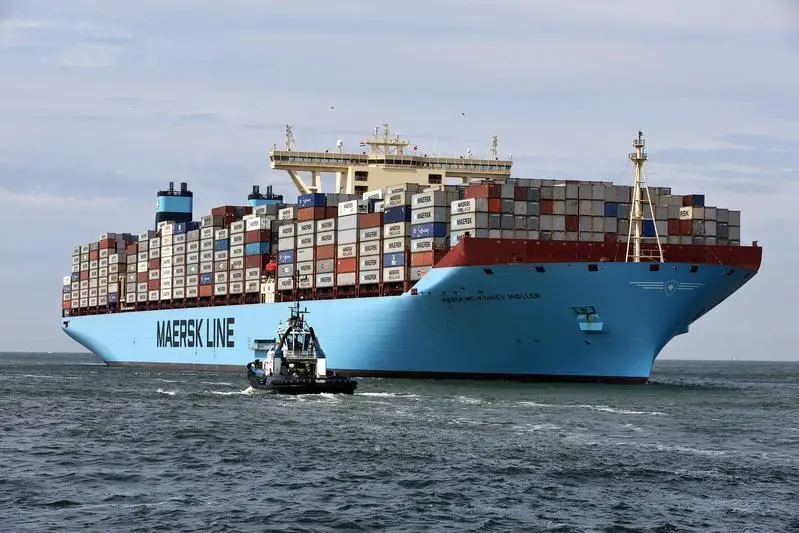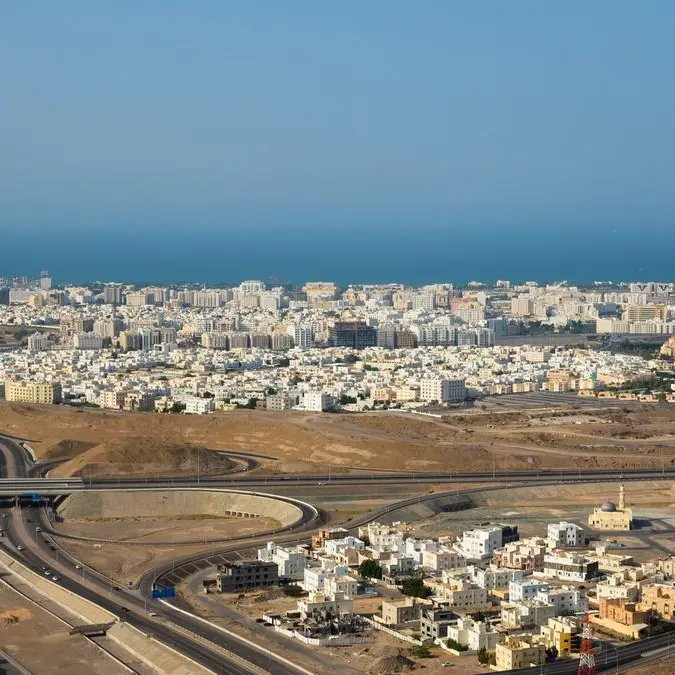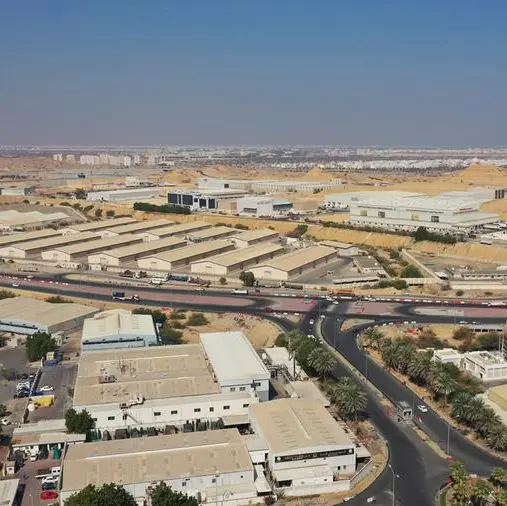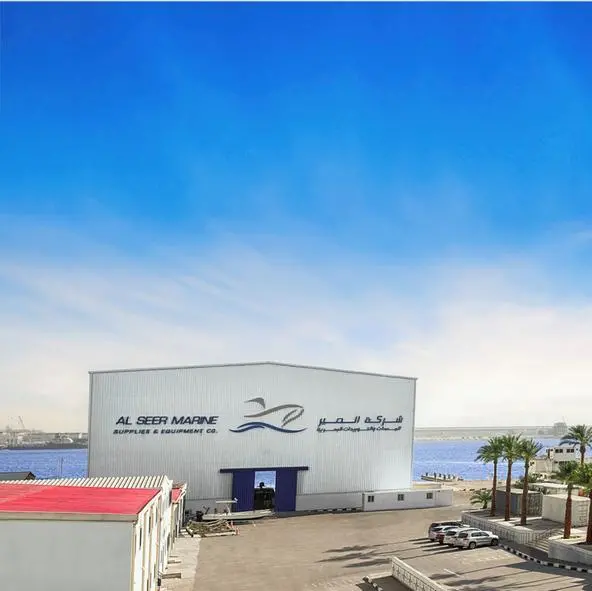PHOTO
Global shipping giant A.P. Moller - Maersk (Maersk) announced on Wednesday that it will retrofit an existing ship to a dual-fuel methanol powered vessel and thereby able to sail on green methanol.
The first engine retrofit in the industry is scheduled to be conducted in 2024 and it is the intent to replicate on sister vessels when going for special survey in 2027.
Leonardo Sonzio, Head of Fleet Management and Technology at Maersk said retrofitting of engines to run on methanol is an important lever in the company’s strategy to achieve net-zero emissions target for 2040 across the entire business.
“With this initiative, we wish to pave the way for future scalable retrofit programs in the industry and thereby accelerate the transition from fossil fuels to green fuels. Ultimately, we want to demonstrate that methanol retrofits can be a viable alternative to new builds,” he said.
Maersk has signed an agreement with MAN Energy Solutions (MAN ES) who will retrofit the engine.
Sonzio continued: “In 2021, we ordered the world’s first methanol-enabled container vessel following a commitment to the principle of only ordering newbuilt vessels that can sail on green fuels. Concurrently, we have explored the potential in retrofitting existing vessels with dual-fuel methanol engines.”
The company defines “green fuels” as fuels with low to very low GHG emissions over their life cycle compared to fossil fuels.
Ole Graa Jakobsen, Head of Fleet Technology and responsible for the retrofit project at Maersk said detailed engineering for the first retrofit is ongoing and the actual implementation will take place in the middle of 2024.
He added that discussions with potential yards are ongoing
The statement noted that retrofits include replacing engine parts to make the engine able to operate on methanol, as well as new fuel tanks, fuel preparation room and fuel supply system.
Besides aiming to achieve net-zero in 2040, Maersk has also set tangible near-term targets for 2030 to ensure alignment with the Paris Agreement and Science Based Targets initiative (SBTi) methodology.
This translates to a 50 percent reduction in emissions per transported container in the Maersk Ocean fleet compared to 2020, and furthermore 25 percent of its container volume will by 2030 be transported using green fuels.
Maersk is currently operating more than 700 vessels with around 300 of them being owned by Maersk.
Read more:
Maersk, Shanghai International Port to jointly explore green methanol bunkering
Maersk on course to full green fuel fleet by 2040
Ship owners delay fleet investments due to future fuels uncertainty, emission rules
(Writing by SA Kader; Editing by Anoop Menon)





















